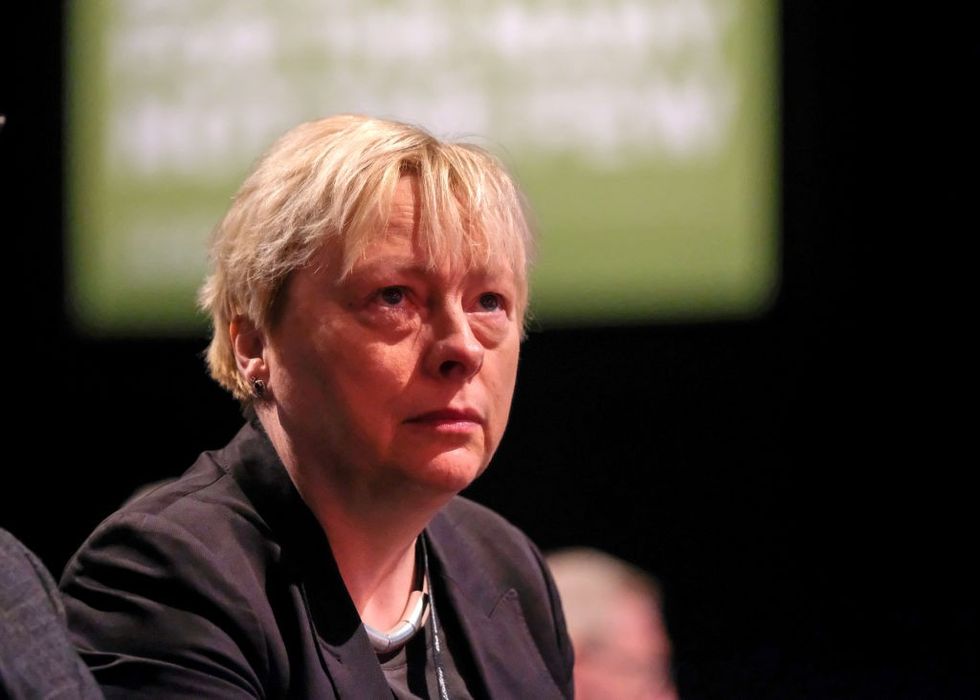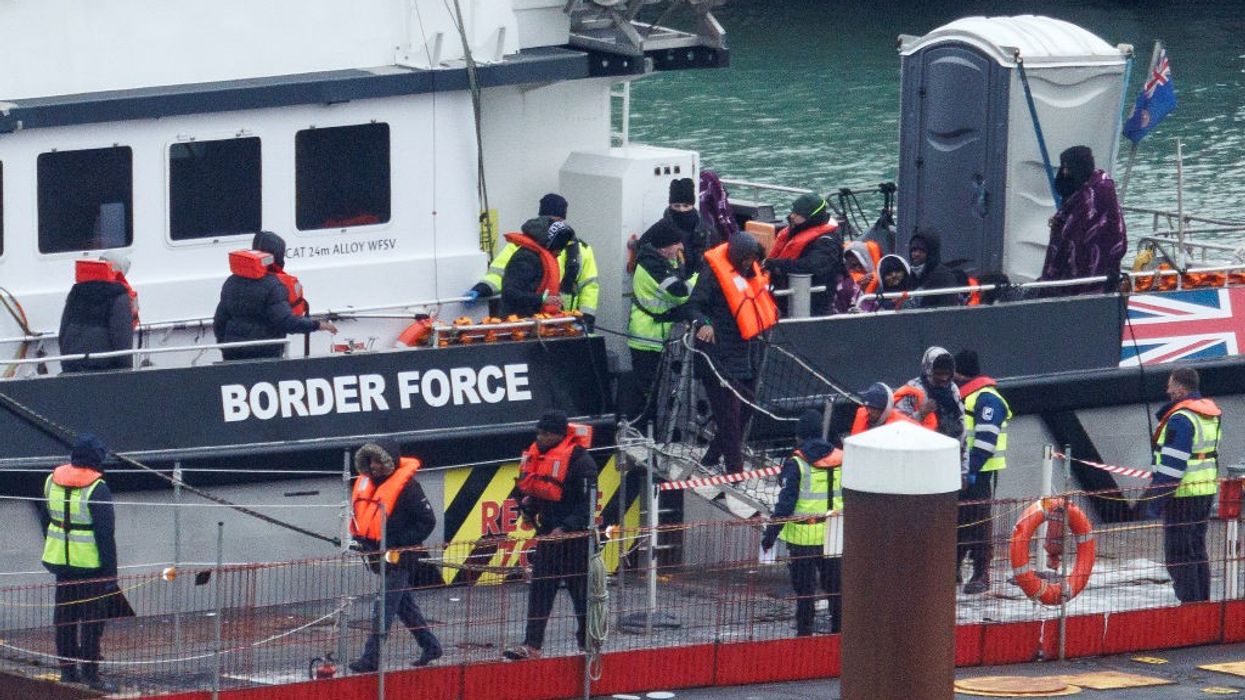BRITAIN granted far fewer visas to foreign workers last year than in 2023 after the introduction of stricter policies for health and social care workers, but asylum claims hit a record high, official data showed on Thursday (27).
For years immigration has been one of the most contentious political issues facing the country and it played a major part in Britain's 2016 vote to leave the European Union.
Critics say large influxes stretch already strained public services and exacerbate housing shortages, and there is also anger at the numbers arriving without permission on small boats across the Channel from France. Others say migrants are needed to fill vacancies in certain sectors, particularly healthcare.
With growing public support for the opposition right-wing Reform UK party which has promised tougher immigration rules, prime minister Keir Starmer has vowed to reform the points-based system after revised data showed net migration had reached a record of more than 900,000 in the year to June 2023.
Home Office immigration statistics for 2024 showed 210,098 work visas were granted in the 12 months to the end of December, a 37 per cent drop compared to the previous year.
Visas for health and social care workers fell by 81 per cent to 27,174, the data showed, continuing a downward trend that began in early 2024 following restrictions brought in by the previous Conservative government.
But the data also showed that 108,138 people claimed asylum in 2024, an 18 per cent jump year-on-year, and surpassing the previous record high in 2002 with Pakistan, Afghanistan and Iran the most common nationalities claiming asylum. Small boat arrivals were also up 25 per cent to 37,000.
However, the number of people who were granted refugee status or other leave at initial decision dropped by 37 per cent to 39,616.
Border security and asylum minister Angela Eagle said the government was working to speed up decisions on asylum requests and enforced returns where they were not granted.

There were 124,802 people waiting for an initial decision on an asylum application in the UK at the end of December 2024, official figures showed.
"We are also ensuring that legal migration continues to come down after the previous government quadrupled net migration in the space of four years," Eagle said.
According to British Future immigration thinktank, the immigration policy landscape has failed to adapt to the declining migration statistics revealed in the Home Office's latest report.
Sunder Katwala, director of British Future, said, "Immigration to Britain is now falling, with latest figures showing a striking drop in health and social care visas in particular. Net migration stats in May will confirm this downward trend – surprising most of the public. After July’s general election, just 12 per cent said they expected net migration to fall.
“The politics of immigration have yet to catch up with this new reality. Starmer’s government should not compete in a public auction with the Conservatives or Reform on who can call for the lowest number. He is constrained by the fact that the government has to deliver, not just make promises."
"Starmer should use this spring’s Immigration White Paper to clarify his government’s objectives on immigration. That should include an annual plan, like the budget, which reflects voters’ desire for control of immigration with public recognition of the contribution it can make to much-needed economic growth," Katwala added.
Legal migration to the UK is running at historically high levels. Net migration for 23/24 was 728,000, down from a record high of 906,000 a year earlier.
The loosening of visa requirements under the last government that had been abused by applicants was also being reversed, she added.
Undocumented migrants who arrived in the UK after crossing the Channel in small boats accounted for 32 percent of total asylum claims last year.
Around 36,816 people crossed the Channel between England and France in 2024, up 25 on the previous year.
Starmer's Labour government, elected last July, has been ramping up efforts to clear a backlog in asylum claims. Although the number of cases dropped five per cent compared to the end of 2023, 125,000 people were still awaiting an initial decision.
"Under the previous government, in the last few months before the election, asylum decision making collapsed by more than 70 per cent pushing the backlog right up," Eagle said.
(with inputs from Agencies)





